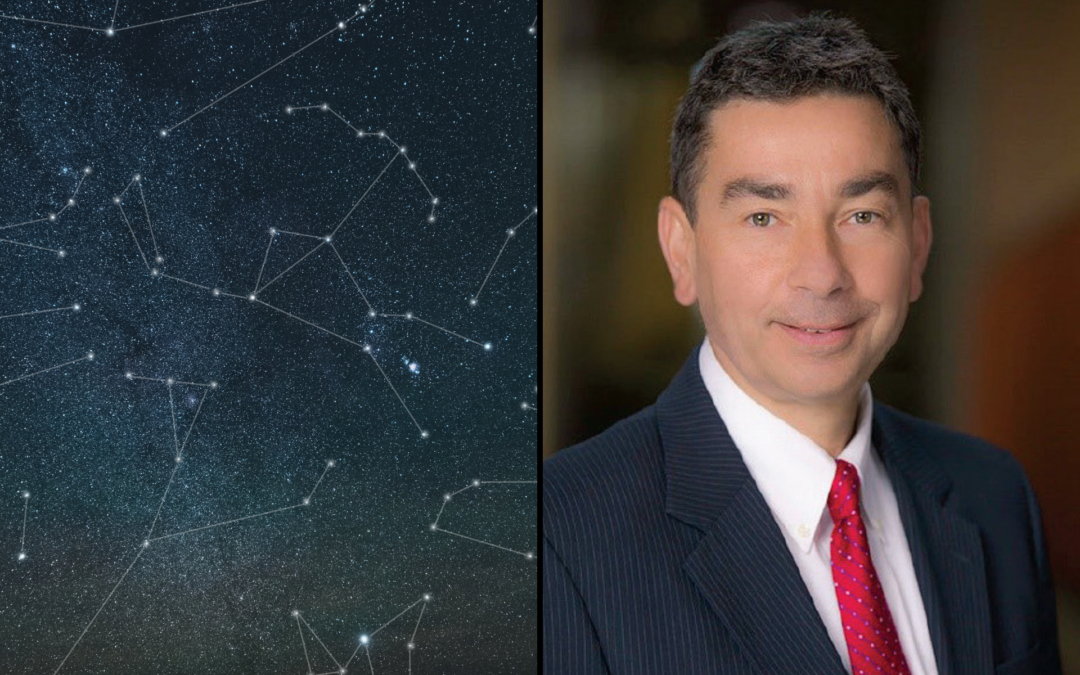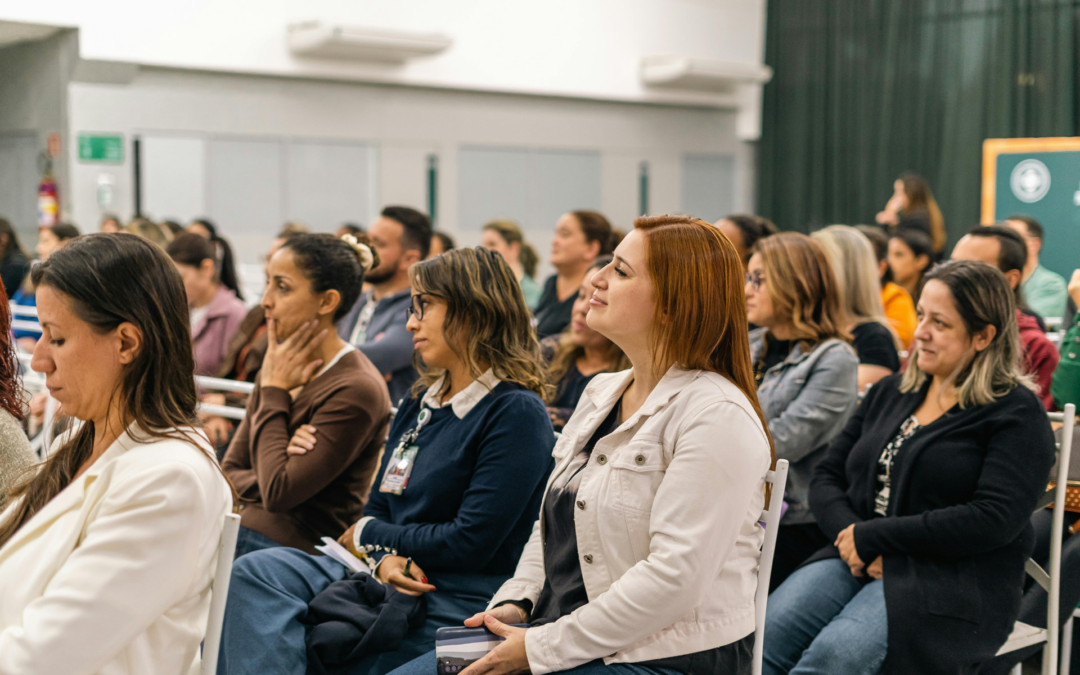
Website Updates
The Presidents Forum has recently unveiled significant updates to their website, featuring a comprehensive new “Membership” section that clearly delineates the various partnership opportunities available. This enhanced section provides detailed information about the costs and benefits associated with three distinct membership tiers: member institutions, collaboration partners, and impact partners. The restructured membership framework demonstrates the Presidents Forum’s commitment to fostering meaningful connections and collaborative opportunities within the higher education landscape.
We encourage institutions of higher education, for-profit organizations, and nonprofit entities to explore the Presidents Forum membership opportunities. Each membership tier offers unique benefits tailored to different organizational needs and engagement levels. By joining the Presidents Forum community, organizations can contribute to shaping the future of higher education while accessing valuable resources, networking opportunities, and collaborative initiatives. Interested organizations are invited to visit the membership section to learn more about how they can become part of this dynamic community.





Recent Comments